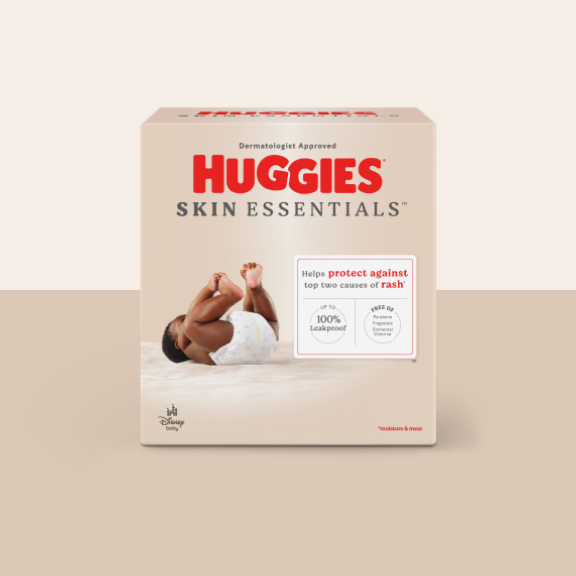Can someone please open a window?
Some pregnant women develop a complication with extreme nausea and vomiting, called Hyperemesis Gravidarum. Hospitalization and rehydration with intravenous fluids may be necessary in women who are simply unable to keep any fluids down. Fortunately, this is not a common condition and medical treatment is effective. Women who have experienced this level of unrelenting nausea say that there is almost instantaneous relief of their symptoms at the moment of their baby's birth.
You need a comfy chair!
A baby growth spurt
Your physical changes this week
Squatting and bending down is getting harder. You’ll discover the easier way of doing things in a hurry. Picking things up with your toes takes some getting used to but it can be done. Lots of pregnant women invest in a set of extendable calipers - look in a toy shop for some. If you have a desk job, organize your workstation to suit you. Your computer chair may need to be adjusted a couple of times a day.
Your breasts could start producing colostrum, an early form of breastmilk. This is a clear to yellowish colored thick fluid, which is very high in antibodies. It is a sign that your breasts are starting early lactation, getting ready to produce milk for your baby after baby is born. If you breastfed a baby previously, you may find you produce colostrum a little earlier.
Your emotional changes this week
People may be fascinated by your belly and reach out to touch it. At best, they’ll ask before they do, or next thing you know a complete stranger may be wanting to touch your belly. How you feel about this may depend on your mood or the day, or you may understandably find it too intrusive.
Work could be getting to you by now. Many women stay in paid employment until they are close to their due date but may wish they had applied for maternity leave a little earlier. Check with your Human Resource Management department regarding options in taking earlier leave if that is an option. Really think about the financial cost vs. the emotional and physical cost to you of working all the way until the very end of pregnancy if you’re able to have options concerning the matter.
Your baby's changes this week
More REM (Rapid Eye Movement) sleep in week 28, which is important for your baby's brain. Studies have shown that newborns spend a large portion of their time in REM sleep as well, so your little one is practicing in advance.
Your baby's brain is changing from being soft and smoothly rounded to having the familiar grooves and indentations on its surface.
This week your baby's hair may be going through a growing phase. Some babies are born bald or with fine, almost invisible hair on their head. Others are born with a thatch of hair. There does seem to be some evidence to support the link between maternal heartburn and the quantity of hair a baby will have. Blame those pregnancy hormones again, it seems they are responsible for sharing a link between the two.
Hints for the week
Watch that indigestion and heartburn. Antacids may have replaced jelly beans as your favorite candy and you've got packets of them stashed in every bag and drawer. Things will improve as your body stops making such high concentrations of relaxin and progesterone. Speaking of relaxin, your levels of this important hormone will be ten times higher during your pregnancy than what they are normally.
Ease that back pain by doing strengthening exercises. Check with a physical therapist about how you can target the muscles and joints which are causing you grief.
Make plans for a getaway if you’re able to do so. Now is the time to think about organizing some time away before the baby is born. Having a break between leaving work and your due date can be incredibly restorative and help remind you of the important things in life. If you've got older children, this will be an opportunity for you to spend some quality, one on one time with them before they need to share your attention with their new sibling.
Week 29 is next!
The information of this article has been reviewed by nursing experts of the Association of Women’s Health, Obstetric, & Neonatal Nurses (AWHONN). The content should not substitute medical advice from your personal healthcare provider. Please consult your healthcare provider for recommendations/diagnosis or treatment. For more advice from AWHONN nurses, visit Healthy Mom&Baby at health4mom.org.










